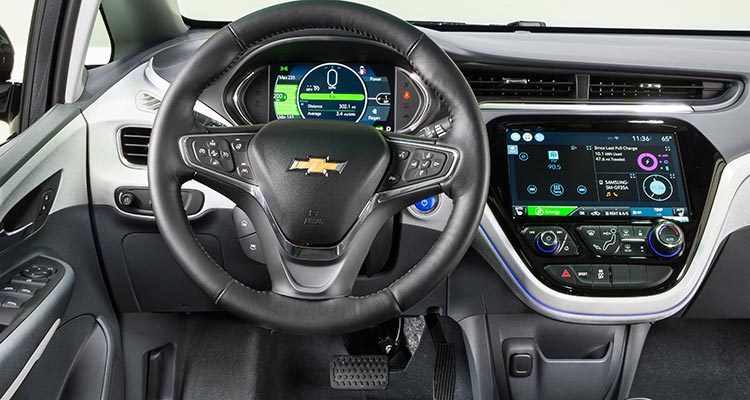Buying an electric car can be a great move, but there is a lot to consider. There are cons as well as pros, so read on to find out more.
Pros
Electric cars are becoming popular for many reasons. The main reason for people buying them is the fact that they’re clean and don’t pollute the Earth as much as ordinary fuel cars. And not being reliant on gas also has its financial perks. One of the biggest costs attached to owning a car is the amount of money you spend each month on fuel. By driving an electric car, you cut out that cost entirely. So, you’ll be able to feel good about your environmentally friendly approach to driving and save some cash at the same time.
The fuel savings aren’t the only savings you’ll make by driving an electric car either. The starting costs of a decent electric car are surprisingly low, and many are cheaper than similar fuel reliant alternatives. Retailers like Imperial Car Supermarket stock hundreds of used cars and models like the Nissan Leaf can be found in good condition at decent prices. And then there’s the road tax and insurance to consider. Electric cars are often exempt from road tax and also tend to be very cheap to insure.
The drive you get is incredible too. You’ll be surprised at how satisfying it is to drive an electric car if you’ve never done it before. The electric engine is near silent, and the road has never felt smoother! They’re a joy to drive.

Image Source
Cons
Charging the battery of the car uses electricity, and a lot of people forget that this isn’t a clean energy source. Yes, it is better than releasing large amounts of CO2 into the atmosphere via your car every day. But CO2 is released by the energy companies that provide you with you electricity. This means there’s still a long way to go before we reach the point at which electric cars are a truly clean way of driving. Electricity isn’t free either, so you will be paying for running your car, albeit less than a fuel car.
Because electric cars are still in the vast minority, it can also be difficult to find a place to charge them. You’ll have a charging point installed at your home, but there might not be too many other around, especially if you live outside of the city. So, you could get stranded if your battery runs out and there’s no charging point nearby. This will mean that you might be a little reluctant to travel far from home.
You won’t reach very high speeds in an electric car because of the power of the battery. As yet, not many of these cars haven’t been built for speed, but that shouldn’t be an issue if you’re driving on ordinary roads. The final worry to think about is the issue of space. The battery can take up a lot of space that then eats into your internal space as manufacturers like to keep the cars small and light.
There’s a lot to think about before buying an electric car. Make sure you weigh up these pros and cons and think about how they’ll affect you before coming to a conclusion.










